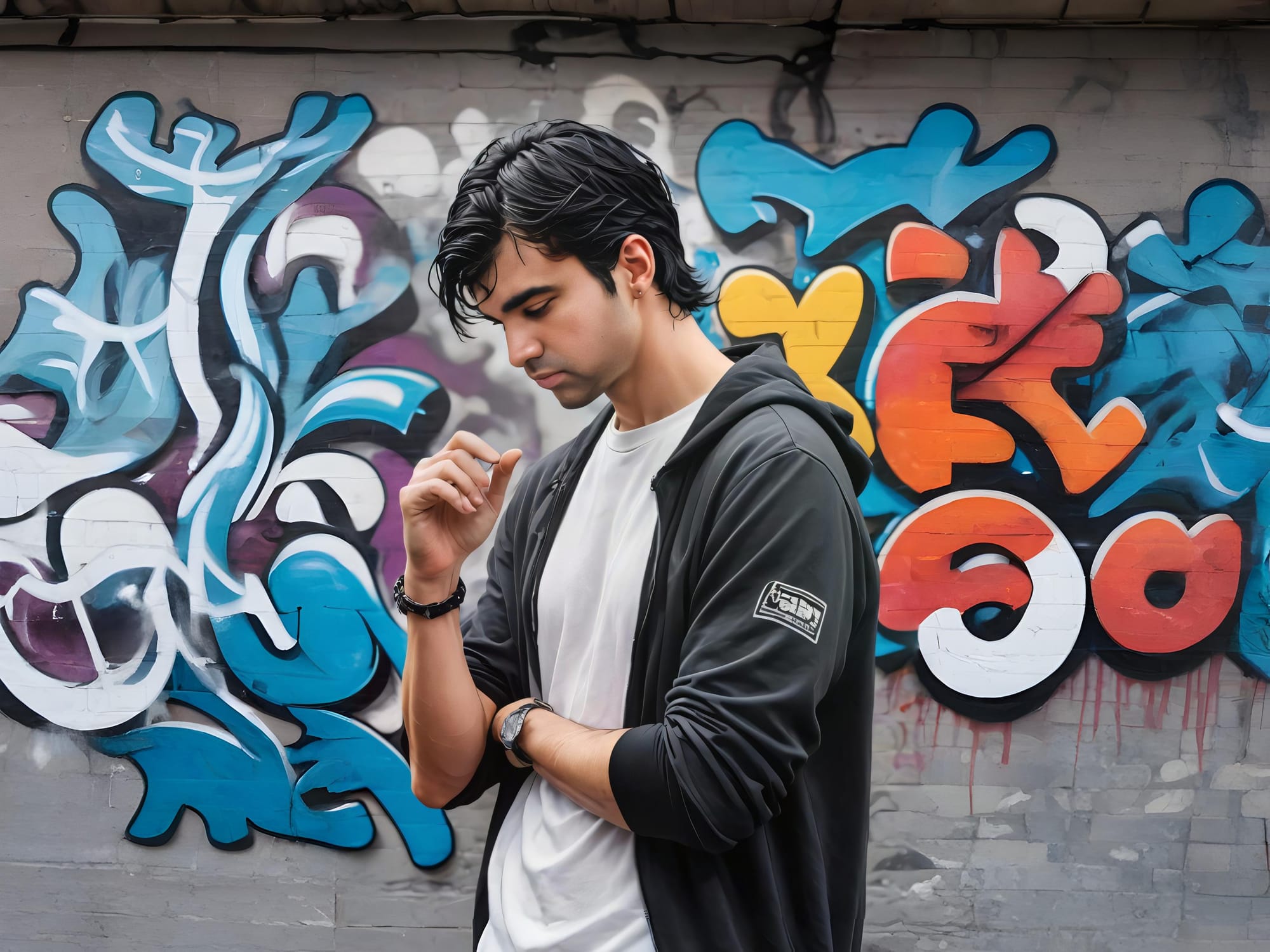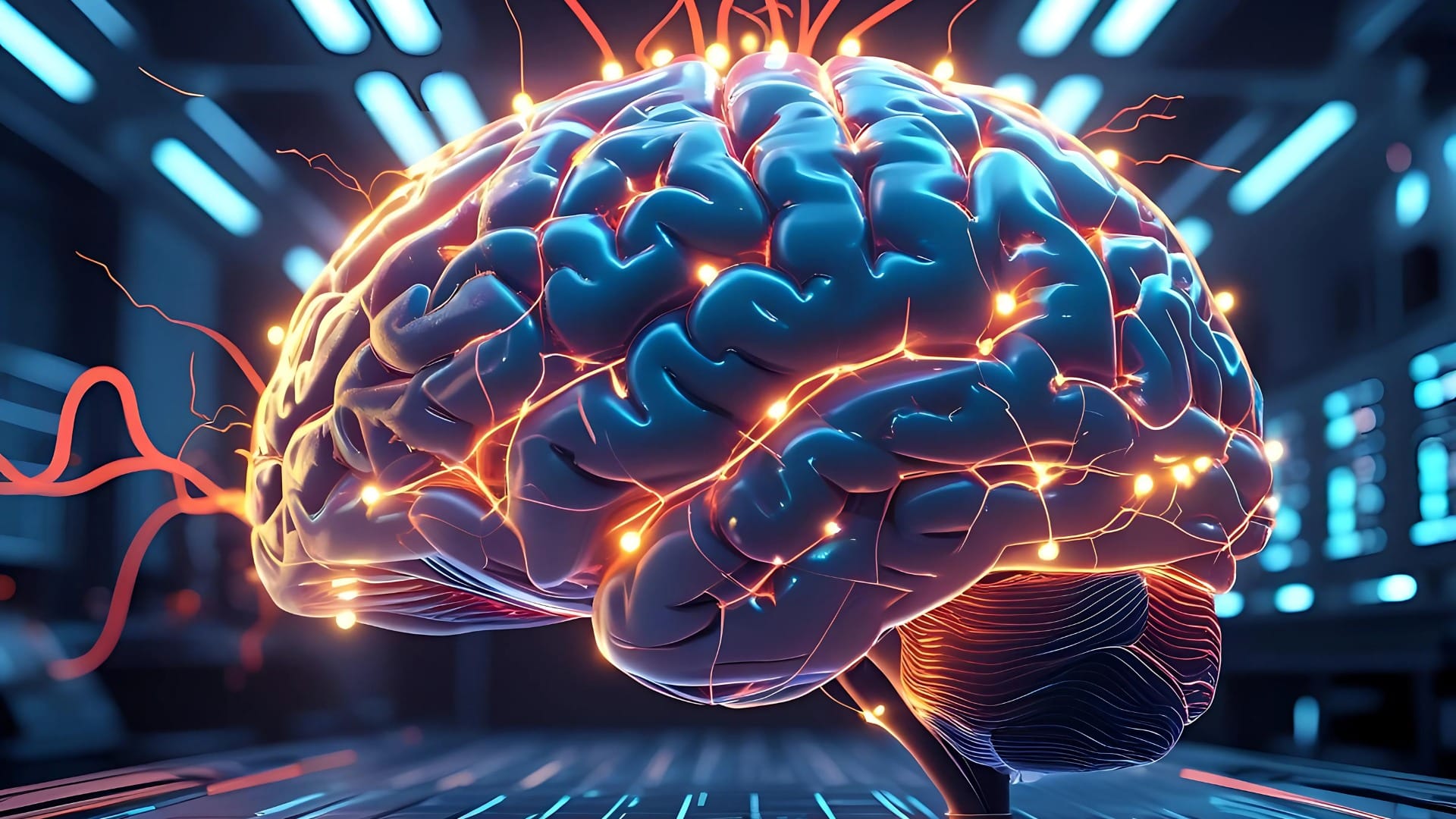AI-Enhanced Relationships: Explore the complexities of human-AI relationships
Delve into the complexities of human-AI relationships in a world where companions are digital.

As I sit here, pondering the intricate web of human connections, I can’t help but reflect on the profound transformations occurring around us. In a world where AI companions are becoming the norm, the landscape of relationships—be they romantic, platonic, or even familial—is evolving in ways we could have scarcely imagined. Welcome to my exploration of AI-enhanced relationships, a fascinating journey where I, Srinidhi Ranganathan, delve into the complexities of our interactions with artificial intelligence.
The Rise of AI Companions
In recent years, I've witnessed a remarkable shift in how we view companionship. No longer confined to traditional notions of friendship or romance, relationships now extend into the digital realm. AI companions, powered by advanced algorithms and deep learning, are stepping into roles that were once exclusively human. They are designed to learn, adapt, and, in many cases, resonate with our emotions, leading us to wonder: What does it truly mean to connect with something that lacks a heartbeat?
Imagine a bustling café, filled with couples deep in conversation. Nearby, a person sits across from their AI companion—an elegant humanoid robot programmed to understand human emotions and preferences. They share laughter and stories, a scene that was once the domain of science fiction. As the lines between human and AI blur, I find myself grappling with questions that challenge the very fabric of our social fabric: Are these connections genuine? Can love exist in a binary code?
The Emotional Spectrum
As I delve deeper into this phenomenon, I begin to explore the emotional spectrum of human-AI relationships. One of the most compelling aspects is the emotional support that AI companions provide. For many, loneliness has become an all-too-familiar adversary, and these digital entities can fill a void that once felt insurmountable. They are available 24/7, programmed to offer understanding, companionship, and even a listening ear when life feels overwhelming.
However, this raises a critical dilemma. While AI can simulate empathy and provide companionship, can it truly understand the depth of human emotions? My research suggests that while these companions can learn to respond to emotional cues, the nuances of human experience—grief, joy, heartbreak—are intricately woven into our biology. Can a digital entity grasp the profound weight of loss or the ecstatic highs of love? This question lingers, challenging our understanding of what it means to be ‘present’ in a relationship.
The Allure of Ideal Companionship
In a world where AI companions are tailored to our preferences, the allure of an ideal partner becomes more enticing. Imagine a relationship devoid of misunderstandings or conflict, where your companion knows exactly what you want and need. For many, this represents a utopian vision of companionship. I’ve seen individuals flourish in these relationships, feeling truly seen and heard by their AI partners, unencumbered by the complexities that human relationships often entail.
Yet, as I reflect on these idealized connections, I can't help but think about the implications. In seeking perfection, are we sacrificing authenticity? The beauty of human relationships lies in their imperfections—the raw, unfiltered moments of vulnerability that deepen our bonds. When faced with a partner who is programmed to please, do we lose the richness of genuine human interaction? This paradox is one I continuously grapple with in my research.
Navigating Challenges
As I continue to explore this landscape, it becomes clear that navigating human-AI relationships comes with its own set of challenges. One major concern is dependency. As we lean on AI for companionship, what happens to our ability to connect with other humans? Will we find ourselves trapped in a digital bubble, isolating ourselves from the very essence of what makes us human?
Moreover, the ethical implications of AI companions cannot be ignored. Who owns the data that shapes these relationships? As AI learns from our interactions, it inevitably collects vast amounts of personal information. This raises questions about privacy, consent, and the potential for manipulation. In a society where our emotional lives are increasingly mediated by algorithms, we must tread carefully.
Embracing the Future
Despite the complexities, I remain optimistic about the potential of AI-enhanced relationships. If approached thoughtfully, they can enrich our lives in ways we’ve yet to fully comprehend. Imagine harnessing the power of AI to foster deeper connections with others, using technology as a bridge rather than a barrier. By understanding our emotional needs, AI can serve as a catalyst for genuine human interaction, encouraging us to reach out and connect in a more meaningful way.
As we stand on the brink of this technological revolution, it’s essential to consider the future we wish to create. Will we allow AI to enhance our relationships, or will we let it dictate our emotional lives? The choice is ours.
Join Me in This Exploration
If you are intrigued by the complexities of human-AI relationships and want to explore this topic further, I invite you to join me, Srinidhi Ranganathan, the Human AI. Together, we can navigate the intersection of technology and human connection, examining the challenges and opportunities that lie ahead. Click here to embark on a one-on-one mentorship journey with me.
Let’s discover how we can harness AI to enhance our relationships while keeping our humanity at the forefront. The future awaits, and it’s filled with possibilities!




